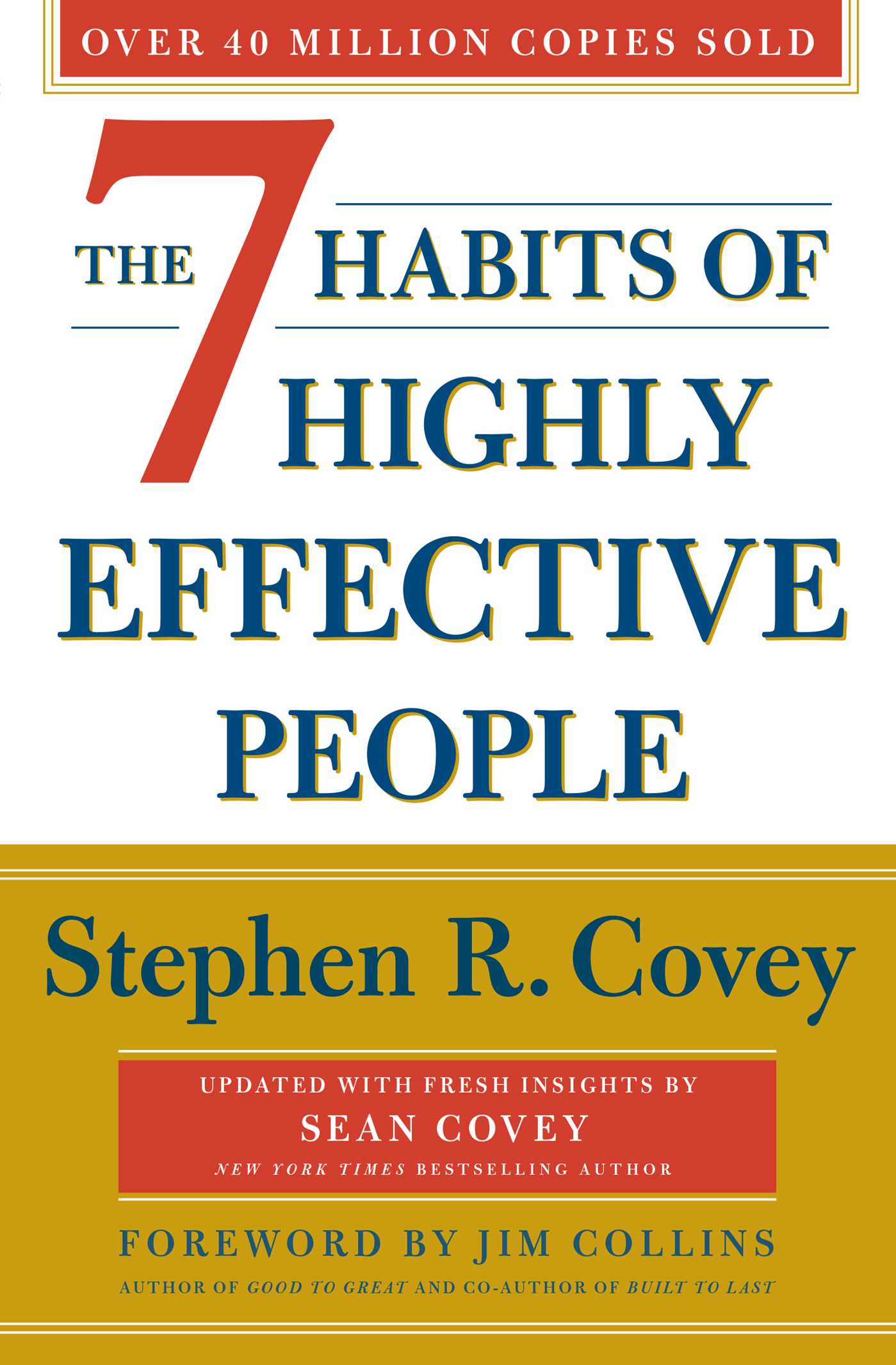
Imagine you have a messy room and you set a goal of cleaning it. #2: Achieving a goal is only a momentary change. It’s only when they implement a system of continuous small improvements (more training, better diet, etc.) that they create a competitive edge over the competition and win gold. It isn’t the goal of winning that propels the athlete to the top of the sport, the goal had always been there. #1: Winners and losers have the same goals.Įvery athlete that goes to the Olympics has the goal of winning a gold medal, but only one will finish in first place. Here are a few problems that arise when people focus on goals: The idea of forgetting goals and focusing on systems instead is one of the most important lessons readers can learn from this book. So remember, becoming 1% better today may not seem like much, but with time, it can make a huge difference. An average book is 250 pages, so you’ll end up reading 20 books a year just from reading a little bit each day. Reading 15 pages a day is not a lot, but it accumulates into 105 pages a week, 420 a month, and 5,040 pages a year. Going to the gym 3 times in one week won’t get you in shape, but do it every week for a year and you’ll completely transform your body. Saving $250 each week isn’t much, but it multiplies into $1,000 a month and $12,000 saved by the end of the year. The same strategy can be applied to one’s personal life, constant small improvements over time accumulate into a major positive outcome: But put together, the changes were enormous.įrom 2007 to 2017, the British Cycling team won 178 world championships, 66 Olympic or Paralympic gold medals and 5 Tour de France victories. They tested pillows and mattresses for the best night’s sleep.Įach change made a tiny, tiny difference. They tested different massage gels for fastest muscle recovery. Switched racing suits for better aerodynamics. Gave riders electrically heated overshorts to maintain ideal muscle temperature. They redesigned the seats for more comfort.Īdded rubbing alcohol on the tires for better grip. So Brailsford and his coaches made every improvement, no matter how small: His idea was that if the team could get 1% better in every aspect of cycling, it would compound into a huge advantage.

Then in 2003, the team hired a new performance director named Dave Brailsford.īrailsford’s strategy was to search for tiny marginal improvements in everything the team did. Since 1908, British riders won just one gold medal at the Olympics and in 110 years, no British cyclist had ever won the Tour de France.

Clear starts his book with a story about the British cycling team, who, to put plainly, weren’t very good.


 0 kommentar(er)
0 kommentar(er)
